Blog
Firstup Blog
Expert perspectives on elevating how your people connect, collaborate, and perform
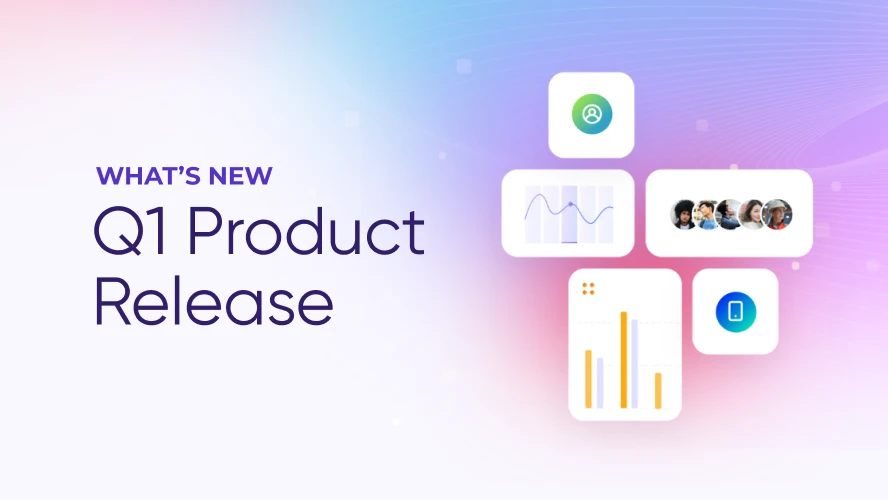
February 24, 20267 min read
Personalization, Expanded: What’s New in Q1 2026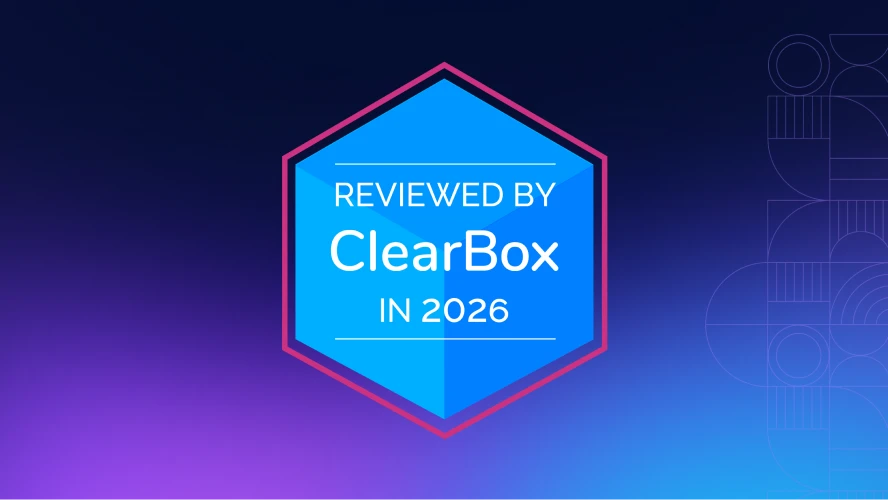
February 9, 20262 min read
Firstup Receives Top Marks for Employee Experience in ClearBox 2026 Report
Digital Employee Experience
February 3, 20262 min read
Tech fatigue isn't about too much technology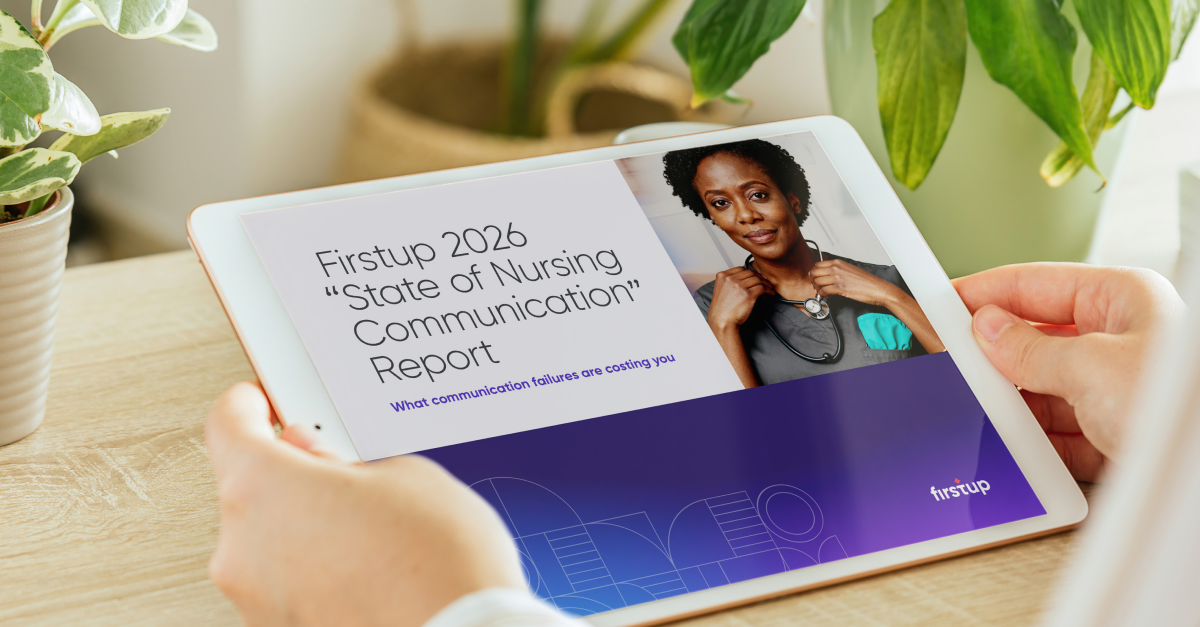
January 12, 20261 min read
When nurses miss critical updates, patient care suffers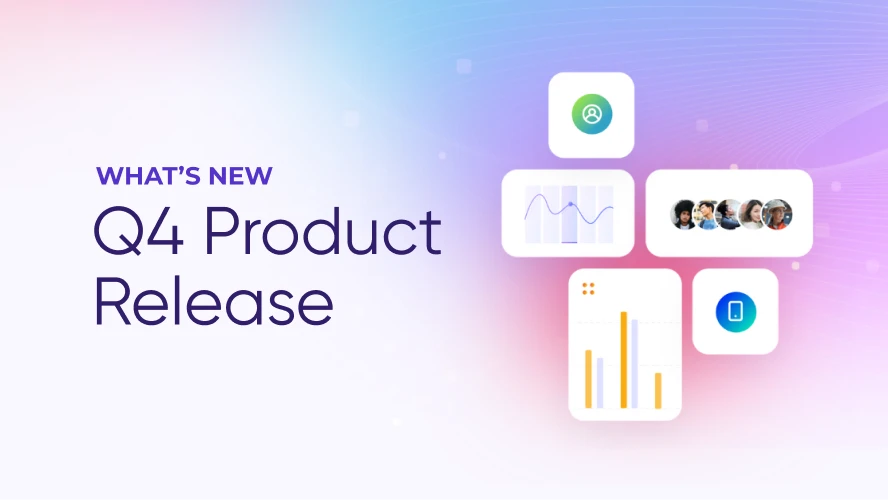
November 19, 20254 min read
Our latest platform release: making employee communication smarter, faster, and more personal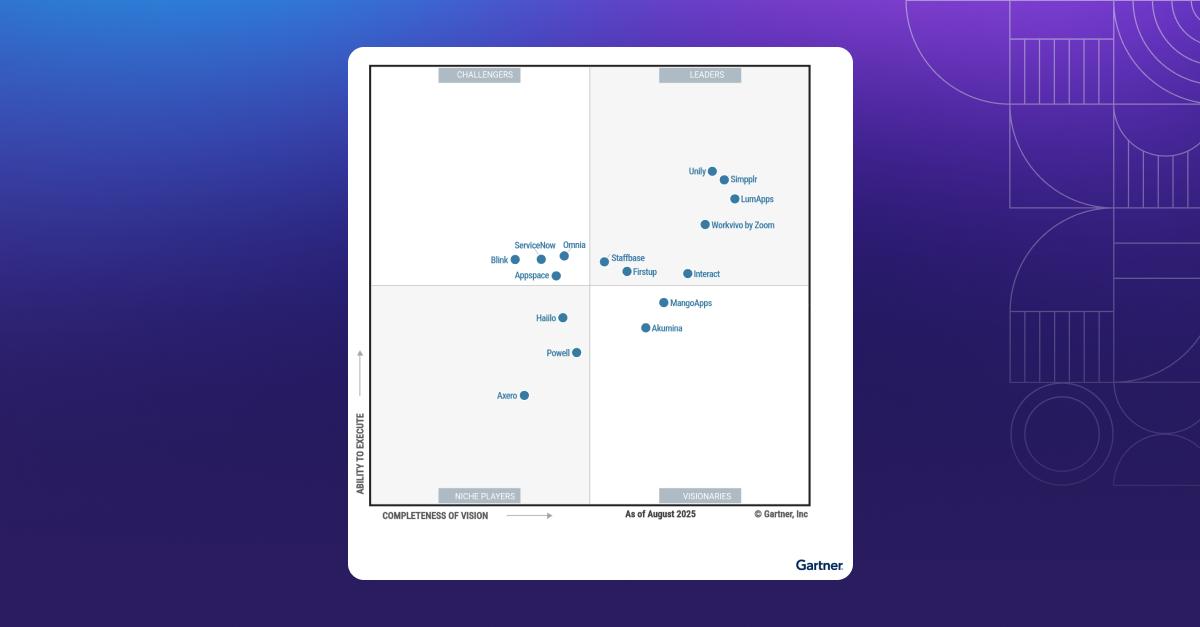
October 13, 20256 min read
Firstup Named a Leader in 2025 Gartner® Magic Quadrant™ for Intranet Packaged Solutions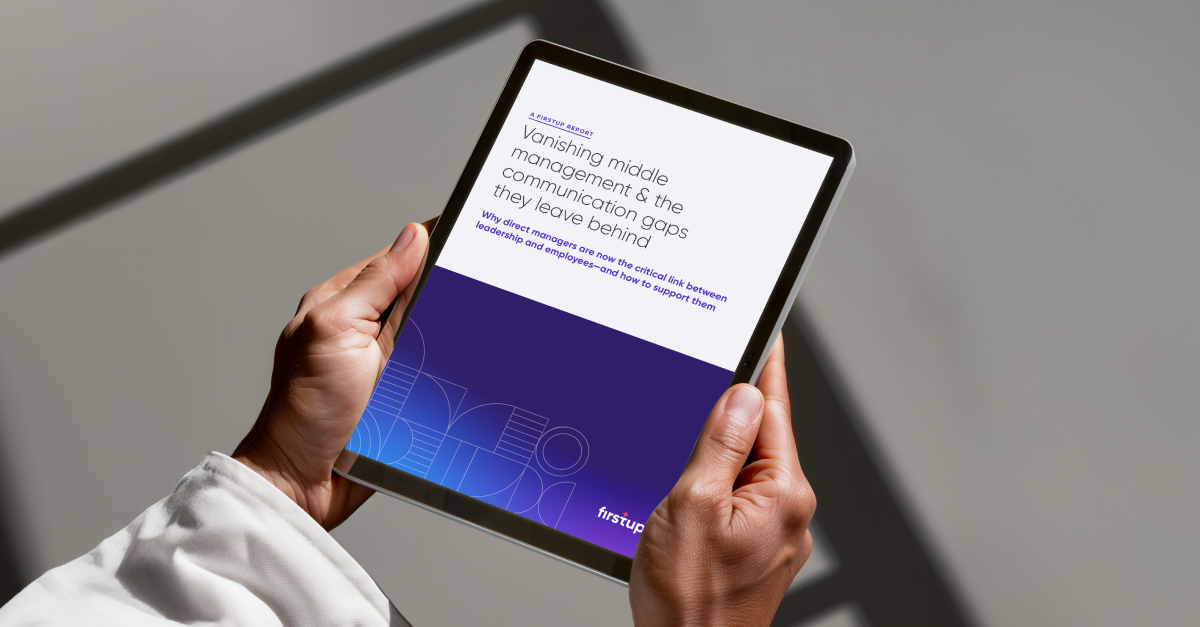
September 12, 202514 min read
As middle managers vanish, direct managers are on their own to shoulder internal comms—often without enough support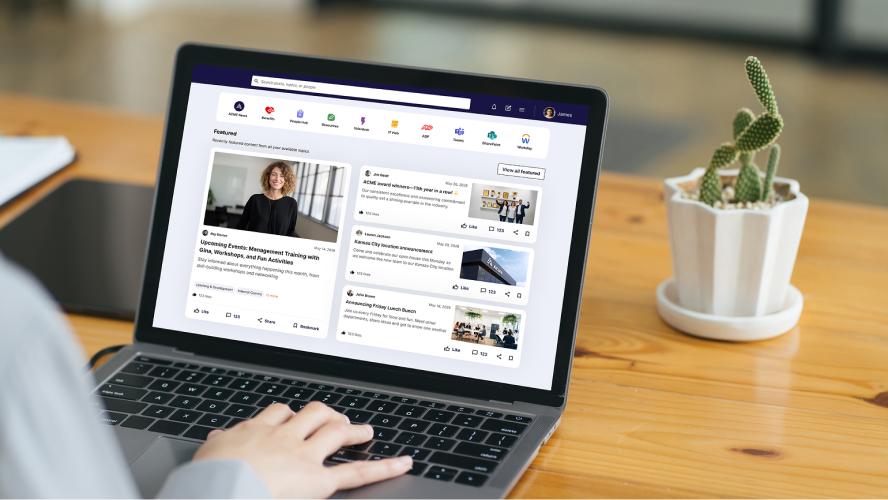
September 11, 202530 min read
Choosing the Best Internal Communication Tools for a More Connected, Engaged Workplace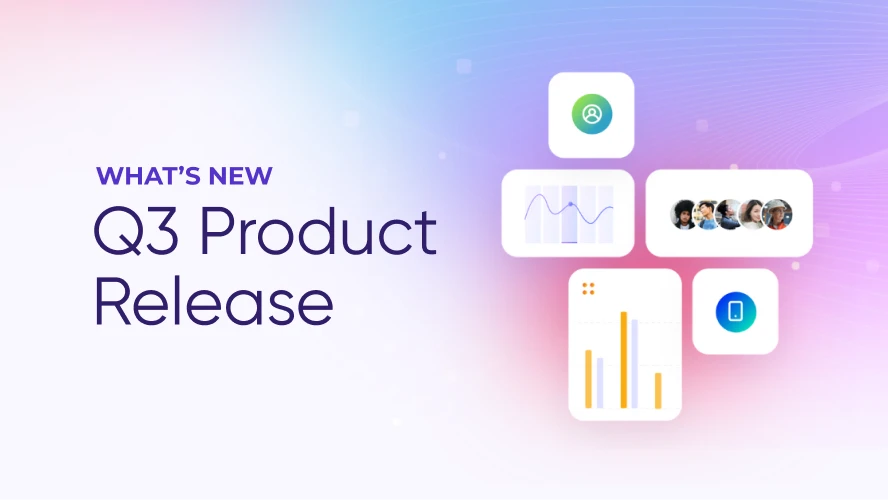
August 21, 20253 min read
Firstup Q3 2025 Release: Smarter Journeys, Connected HR, Clearer Insights
Podcast
July 30, 20252 min read
The Ripple Effect: How Employee Experience Shapes Customer Relations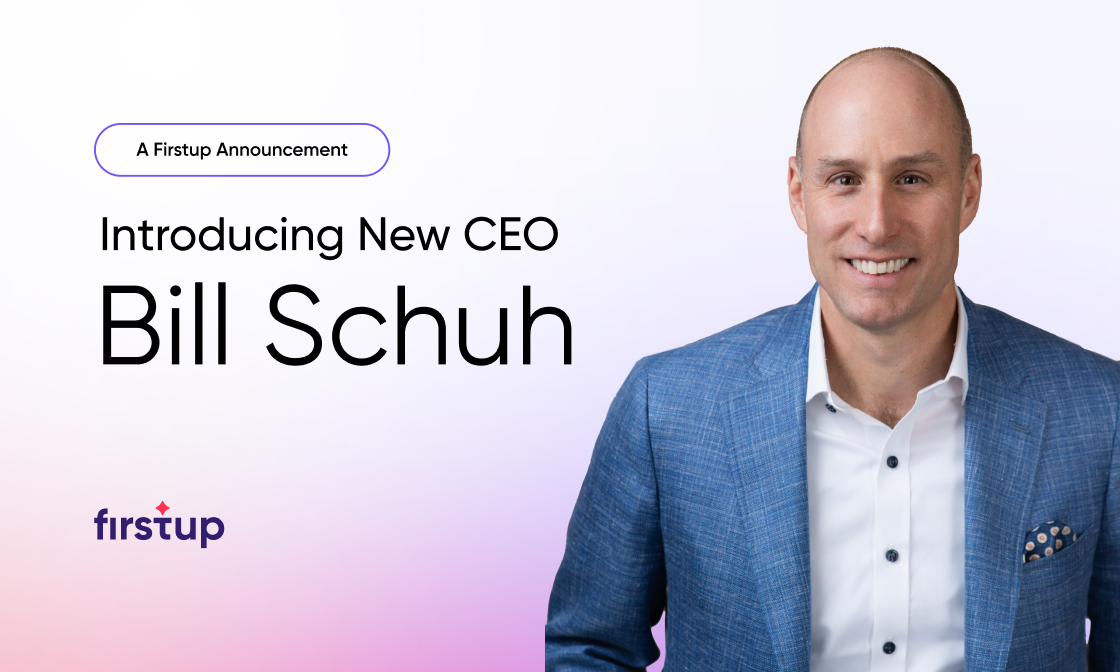
June 17, 20255 min read
Welcoming a new CEO
Podcast
June 11, 20252 min read
Building a Culture of Support and Trust: Strategies for People Leaders